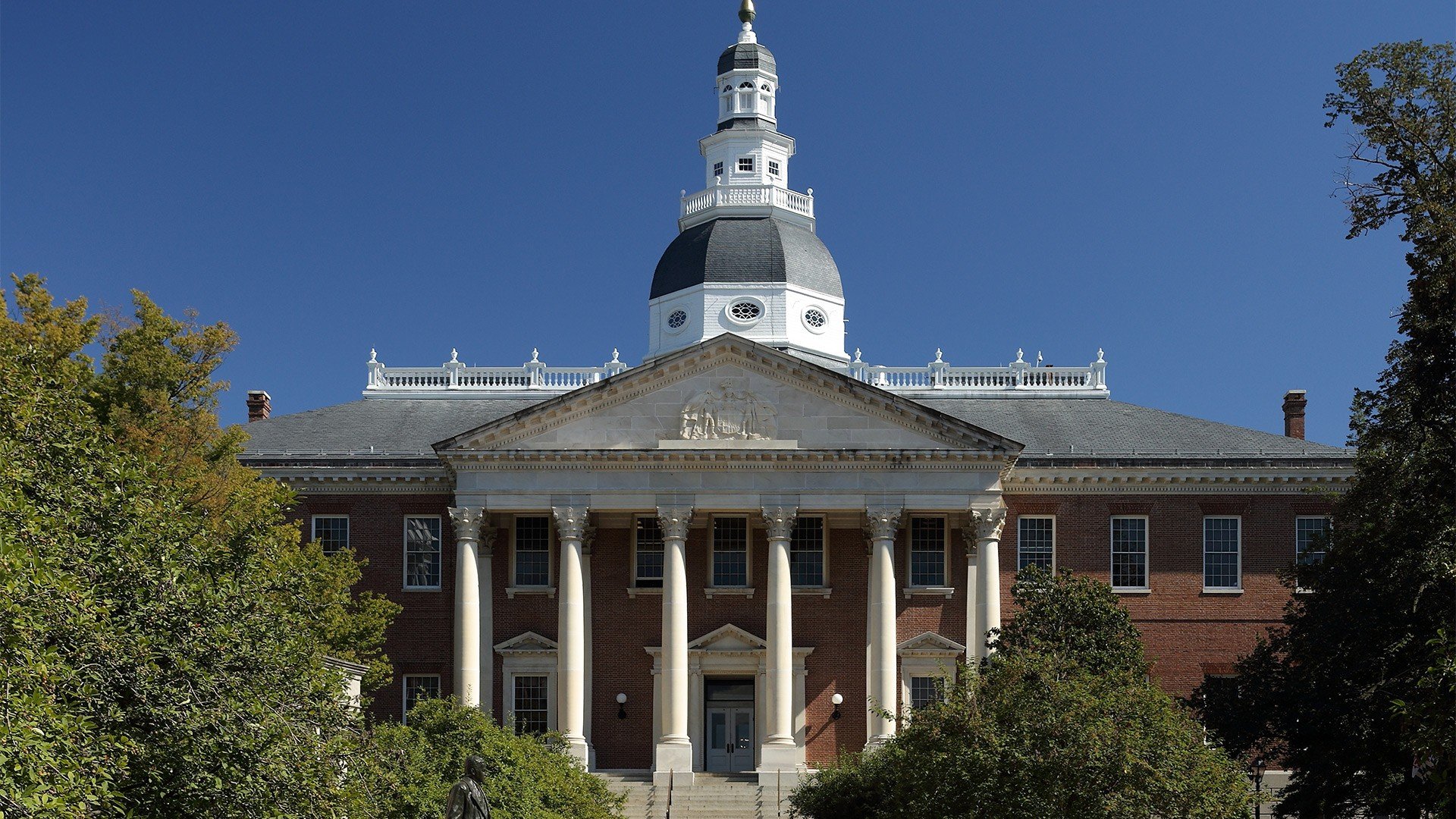Arkansas online gambling bill pulled for interim study amid consumer, tax concerns

A bill that would legalize online casino gaming in Arkansas was withdrawn for interim study last week, after lawmakers raised concerns over market competition, local tax impacts, and problem gambling.
House Bill 1861, sponsored by Republican Rep. Matt Duffield and backed by Saracen Casino Resort, sought to authorize the state’s three licensed casinos to offer online casino-style games such as blackjack and roulette through their existing sports betting apps. It also proposed making it a felony for any unlicensed entities—particularly offshore operators—to offer digital gambling in Arkansas.
The bill was presented to the House Judiciary Committee but was not brought to a vote. Duffield instead requested further study to allow more time for debate: “I’m not certain it’s advantageous for me to ask members of this committee today for a hard ‘yes’ or hard ‘no’ for a topic that doesn’t need to have a rushed answer. I would like to ask for an interim study on this bill so we can have further discussion.”
Carlton Saffa, Chief Market Officer at Saracen Casino Resort, framed the bill as a defensive move against what he called “shadowy offshore entities,” alleging links to foreign operators, including China.
“Unregulated and untaxed casinos are live in Arkansas at great risk to consumers,” Saffa told lawmakers. “[The bill] protects Arkansas consumers and makes sure that the money stays in our economy.”
Duffield echoed that sentiment, calling the legislation an effort to “tighten up the Wild West of online gaming” and claiming it could generate “millions of dollars in tax revenue.”
The bill also included provisions for interactive drawings to benefit universities’ name, image, and likeness (NIL) collectives, although Duffield downplayed the importance of that measure. “Kicking China out and bringing this business into the economy is the priority,” he said.
While casino operators and sponsors touted the economic benefits, critics warned the bill could have negative ripple effects.
Sharon Strong, Executive Director of the Arkansas Scholarship Lottery, said the proposed law would grant casinos an online presence without allowing similar digital expansion for the lottery. “There wouldn’t be a channel or a tool for the lottery to be able to compete or match that effort,” she said.
Walter Ebel, a lawyer representing Oaklawn Casino, cautioned that legalizing online gaming would effectively create “mini casinos in every county in Arkansas without the permission of the counties,” potentially violating a constitutional amendment approved by voters in 2024 that restricts casino expansion without local approval.
Supporters argued that regulation could help reduce consumer harm. Enid Valentine, an advisor to the Arkansas Problem Gambling Council, warned lawmakers that offshore sites are increasingly targeting vulnerable Arkansans.
“The number of people gambling on these [offshore] sites is rising dramatically... Regulating gambling would protect Arkansans,” Valentine said.
















































